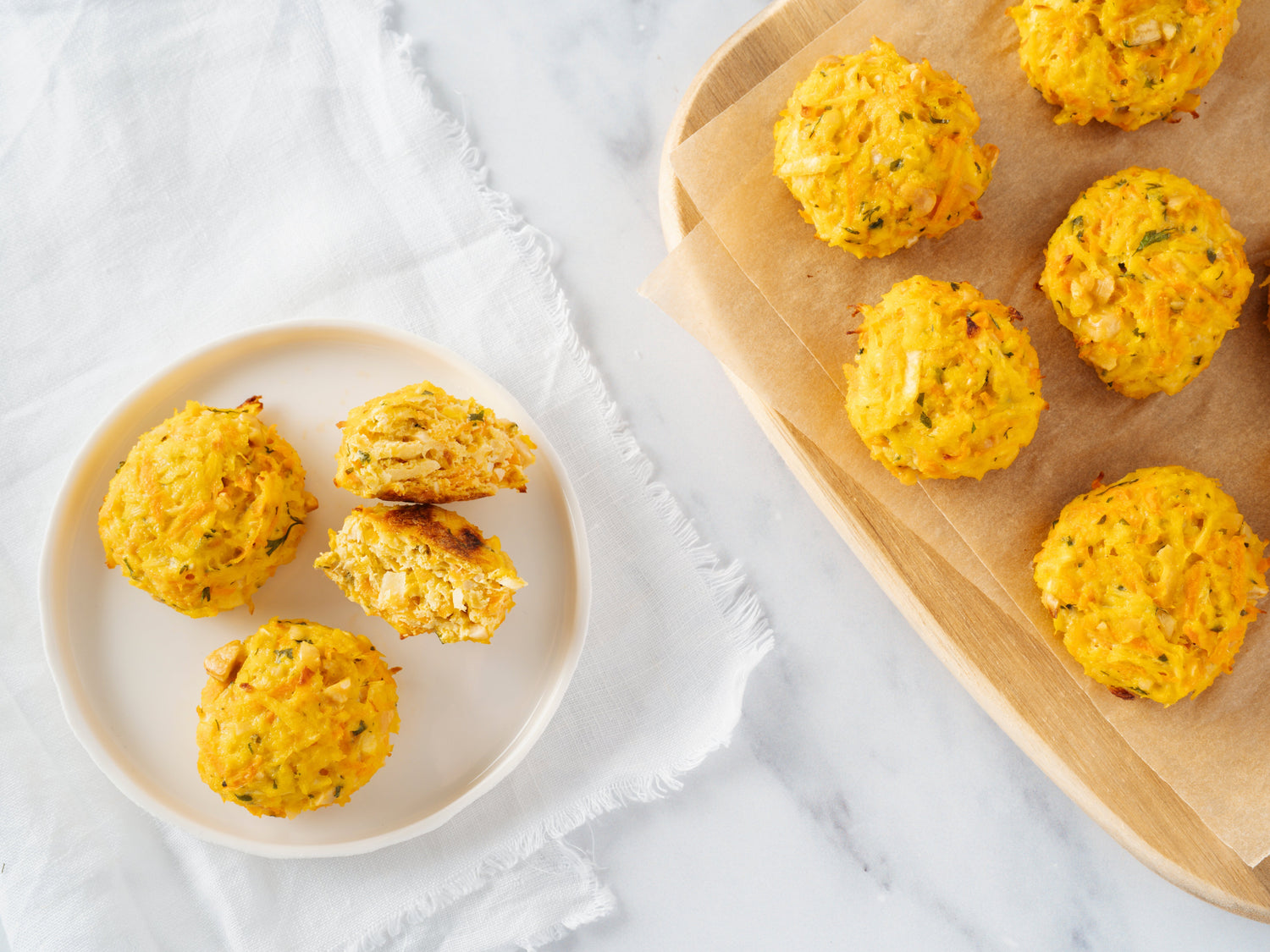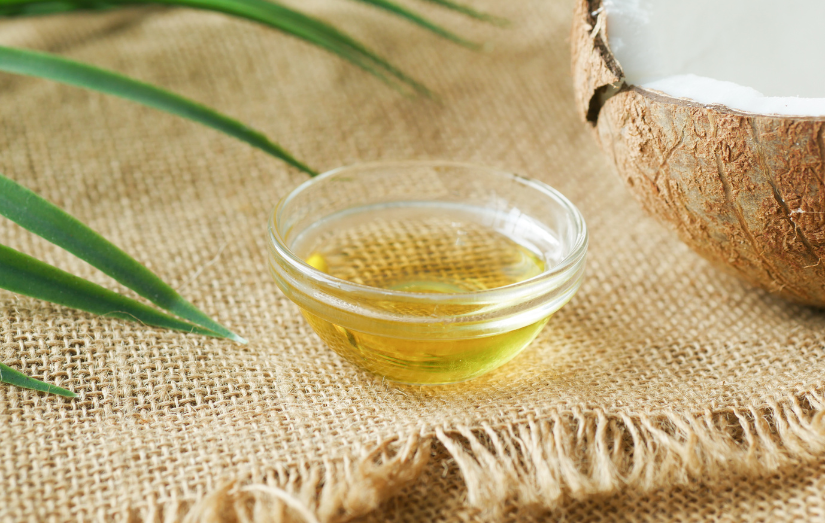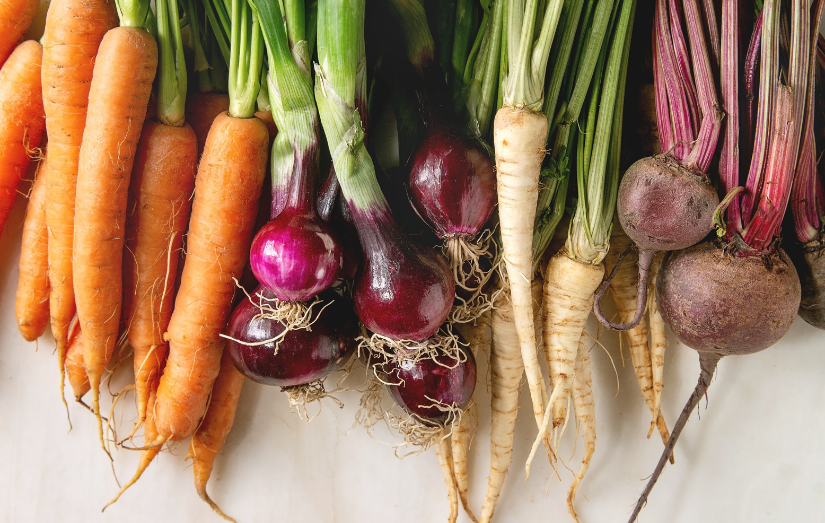We get it! Organic pasture-raised poultry can be way more expensive than non-organic in regards to meats and produce. So, is it actually worth it to buy this or can you get away with buying conventional?
This is a large topic but with the holidays upon us we’ll first start with poultry and why it’s actually essential for you to purchase the organic, pasture-raised edition.
What differs between organic and conventional?
- Food: organic, pasture-raised poultry consumes organic, non-GMO feed that is free of pesticides and herbicides. You are what you eat so what they eat impacts the nutrient quality of the meat.
- Living conditions: to gain the organic and pasture-raised certification, poultry have specific living condition requirements that are significantly more humane compared to caged hens that are often housed in crowded, unsanitary living conditions.
- Antibiotics & hormones: organic poultry does not receive any antibiotics and growth hormones to promote their meat size. This reduces our unnecessary exposure to these additives.
- Nutrition: the diet and living conditions of the poultry influences their micronutrient content as well as the fatty acid ratio of the meat, often being much less pro-inflammatory compared to conventional poultry.
- Free-range conditions: organic, pasture-raised poultry are given consistent access to the outdoors which improves their overall health and promotes a more natural diet as they are able to eat bugs.
- Contamination: conventional poultry live in crowded living conditions which leaves increased risk of contamination from bacteria like E.coli and Salmonella.
- Environmental influences: organic, pasture-raised farming practices, due to their lack of pesticide and herbicide use, have a better impact on the environment, leading to less incidences of soil degradation and impaired carbon sequestration.
Although organic is also a huge first step, we ideally want your poultry selection to be pasture-raised. In these situations the chickens are given much more access to greenery and eat a more natural, protein rich diet of bugs and insects. It’s also so good for soil health and the environment.
Choosing better quality meat has a beneficial impact on the environment, contains an improved nutritional value, and the animals are treated more humanely.



